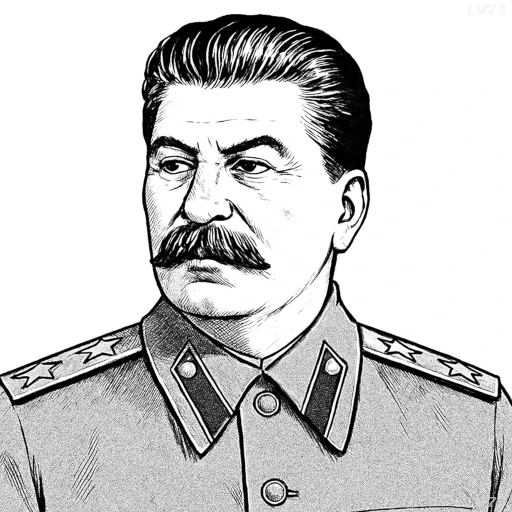“If any foreign minister begins to defend to the death a ‘peace conference’, you can be sure his government has already placed its orders for new battleships and airplanes.”

- December 18, 1878 – March 5, 1953
- Born in Georgia
- Politician
table of contents
Quote
“If any foreign minister begins to defend to the death a ‘peace conference’, you can be sure his government has already placed its orders for new battleships and airplanes.”
Explanation
This quote reflects Stalin’s deep skepticism about the true motives behind diplomatic efforts, particularly in the context of international peace talks. He believed that diplomacy and public advocacy for peace often served as a smokescreen for military preparations. In Stalin’s view, governments that publicly championed peace were often simultaneously making plans for war, securing military assets in preparation for future conflict. This perspective aligns with the geopolitical realities of the time, where states often used peace conferences as a way to buy time while continuing to build military strength, thereby ensuring they could protect or expand their interests when the opportunity arose.
Stalin’s paranoia about international relations during his rule was informed by the harsh lessons of both the Russian Revolution and the early years of the Soviet Union, including the invasions and the constant threat of external enemies. The Nazi-Soviet Pact and subsequent World War II events reinforced his belief that political leaders could not be trusted simply because they promoted peace. For Stalin, military readiness was critical to safeguarding the Soviet Union’s survival. His regime often prioritized defense spending and military innovation, such as the development of tanks, aircraft, and other war technology, while publicly espousing peaceful intentions.
In a modern context, the quote serves as a reminder of the duplicitous nature of some international politics. It underscores the disconnect between public diplomacy and the military-industrial complex, where political rhetoric may mask underlying intentions for militarization and strategic preparedness. The statement also highlights the ongoing tension between peaceful negotiations and the military build-up that often accompanies them. Today, it’s a call to critically examine the true motivations behind diplomatic engagements, especially when countries advocating for peace simultaneously make military expansions.
Would you like to share your impressions or related stories about this quote in the comments section?


